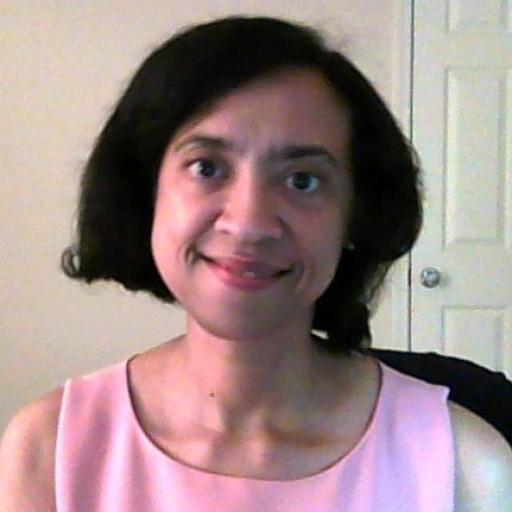
Recently Rated:
Stats
Blogs: 1
Location:
Work interests:
Affiliation/website:
Preferred contact method: Reply to post in blog/forum/group
Preferred contact language(s):
Contact:
Favourite publications:
Work interests:
Affiliation/website:
Preferred contact method: Reply to post in blog/forum/group
Preferred contact language(s):
Contact:
Favourite publications:
Founding Member
Location: Marietta, GA, USA
Work: Academic editing, Social Sciences, Public Health
Affiliations: Previously, Assistant Professor at Morehouse School of Medicine, Atlanta, GA, USA.
Contact: clare@thescholasticeditor.com
Biographical: Ph.D., Social Policy, London School of Economics and Political Science, 2004 I am a social scientist, with 16 years of experience in authoring academic documents in various formats (e.g. research articles, review articles, book chapters, dissertations) in the area of health/social sciences. From serving as an editor for a groundbreaking book relating to social determinants of health, (published by John Wiley and Sons, 2012) to providing thesis supervision to Master of Public Health students, I have considerable expertise in writing and editing for a broad range of academic projects. Different levels of editing offered include proofreading, copyediting, and substantive editing.
Favourite Publications: Social Science and Medicine American Journal of Public Health Journal of Healthcare for the Poor and Underserved Journal of Men's Health American Journal of Men's Health
Work: Academic editing, Social Sciences, Public Health
Affiliations: Previously, Assistant Professor at Morehouse School of Medicine, Atlanta, GA, USA.
Contact: clare@thescholasticeditor.com
Biographical: Ph.D., Social Policy, London School of Economics and Political Science, 2004 I am a social scientist, with 16 years of experience in authoring academic documents in various formats (e.g. research articles, review articles, book chapters, dissertations) in the area of health/social sciences. From serving as an editor for a groundbreaking book relating to social determinants of health, (published by John Wiley and Sons, 2012) to providing thesis supervision to Master of Public Health students, I have considerable expertise in writing and editing for a broad range of academic projects. Different levels of editing offered include proofreading, copyediting, and substantive editing.
Favourite Publications: Social Science and Medicine American Journal of Public Health Journal of Healthcare for the Poor and Underserved Journal of Men's Health American Journal of Men's Health


Thanks for your comments, Peter. Good point about reading the manuscript aloud! I found this link from UNC Writing Center which describes this technique in detail:
http://writingcenter.unc.edu/handouts/reading-aloud/
I have a Japanese research assistant whose English is far from perfect, but she understands my research, and as someone to provide a listening ear, I could not ask for better.
Whatever I write needs to make perfect sense for the understanding of someone who uses English as a second language. So I am not shy to read my rough drafts outloud, offending my own ears and hers at the same time.
I reckon people could offer Skype Listening Services for this very reason: research papers need to make sense when we read them out loud.
Perhaps we can pioneer such services here at the Research Cooperative...
Peter (Admin., Narita Airport, in transit)